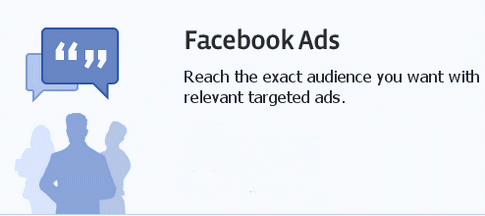 |
| Could this box reshape the industry? |
OnLive and Gaikai, two relatively new companies that are trying to reinvent the gaming industry will soon reach important milestones in their quest. What are they doing and what does it mean for the industry? It's cloud gaming, but their approaches are different from each other. Can one or both succeed?
I've been skeptical about
OnLive since I first heard about it at GDC. The basic pitch was interesting: A service that could stream the most graphically intense games from any platform to your TV or computer screen (all the TV would need would be a simple, inexpensive box). You'd sign up for the service and then be able to buy from a wide variety of games, with no download times and no need to upgrade your system. The games would be run on OnLive's hardware, which would be far more powerful than most home systems. (
Here's a good overview of the system from a few months ago.)
My skepticism was rooted in two technical barriers I saw. The problem of lag seemed to be an absolute technical barrier, and the amount of bandwidth needed to send a high-resolution screen seemed amazingly large. OnLive was able to come up with some nifty compression and worked to massage the network bottlenecks at every step, minimizing the latency and bandwidth issues. They had some good-looking demos, but of course that was in a controlled situation. Would it really work out in the wild?
Initial reports were good, but there were some issues. OnLive initially had a subscription fee as part of their plan, but quickly dropped it as it proved hard to get people to sign up for a fee and then still have to pay for the games. The bigger issue is still the limited number of titles (a couple of dozen right now), and the amount of bandwidth you need. If you want high-definition video, you're going to need a connection of 5 Mbps or greater... not something everybody has.
Now the most important component is about to ship: The OnLive Game System, a $99 box you hook into your TV and the Internet. Assuming you have a beefy enough connection, you just pick up the controller and start playing. The real battle for OnLive's future is about to begin. Can they sell enough of these boxes to create a viable installed base? And can they sign up enough games to attract an audience?
Here's an early hands-on
review, and the verdict is good. One of the cool features cited is the fact that you can just buy a 3-day pass to a game for about $7, or a 5-day pass for $9, as well as buying the whole game. You can also play for 30 minutes as a free demo. They've worked to make it as easy as possible for people to try games and to buy them.
On the plus side, OnLive already has HD display, which the Wii doesn't. The low price point is great, also the fact that you don't have to worry about upgrading your system. Of course, you do have to worry about OnLive going away at some point and taking with it all the games you paid for... which is a problem Steam has faced for a while, until it got big enough that people didn't worry about its survivability.
One big question for me: Where's the marketing? No TV ad buy? Maybe I'm not seeing the ads because I'm not in the demographic they're targeting, but I'm not feeling the buzz. Are they just relying on PR to save the day, and take their growth organically rather than pour in some booster shots of marketing?
Keys to OnLive's future lies in two things: They need a large gaming library, the bigger the better, with the biggest hits; and they need to get a large installed base. Fail on either of those two things, and they're gone. Can they accomplish that before their funding runs out?
Meanwhile, David Perry's
Gaikai is taking a different approach to cloud gaming.
Here's a good summary of their approach; essentially they want to make it easy to embed a game anywhere on a web site, and then convert that to a paying customer. Rather, Gaikai gets paid by the game publisher to run the game, and then sales get routed however the deal has been cut.
Now Gaikai is about to
enter open beta, and we'll see how well the model holds up in practice. Will they be able to get enough companies paying them to run games? Will users click on games and play them? It all sounds reasonable, but the beta will tell us much.
I think there are several factors working against cloud gaming. One is that momentum is with social gaming and mobile gaming, and the hardcore gamers are being pulled away by other entertainment options. These services are all about making hardcore gaming easier to get to... but is that really where the big audience is these days?
Another issue is the publishers. Do they really want to encourage digital distribution? If they do, do they risk a loss of revenue through traditional channels that won't be offset by the new channels? Will Microsoft sign up, or do they fear losing revenue from selling their consoles?
We are swimming in gaming more than ever before, with Facebook games and mobile games and Flash games as well as PC and console games. Are there just too many games around for these services to succeed? Was the
demise of InstantAction a harbinger? Will these services take a chunk out of game industry sales or add to them?
I'm not sure what the answers are, but these companies deserve watching, and marketers need to be ready to act when the trends become clear.




























